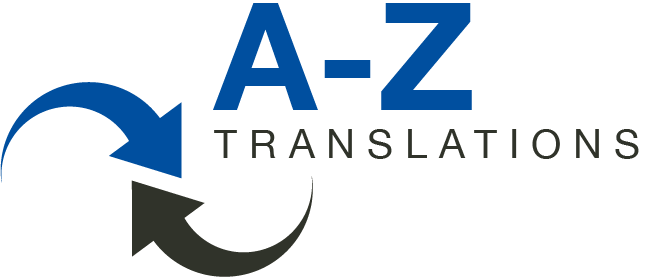These days, talk (not only) in the language industry seems to be all about AI and the end of human translators. Yes, I may be exaggerating just a bit, but it really is almost impossible to have a conversation with someone, and as soon as the other person finds out that I am a translator, the nicer ones more or less directly ask my opinion on how long I will be able to survive, while the not-so-sensible ones lament my imminent unemployment.
I don’t want to get into this too much today, except to say that I’m not worried about my future or that of human translation, while obviously leaving a whole chunk of detail for another post.
With all this gloom-and-doom going on, I was especially happy to come across a positive article on MultiLingual on „The Secret to Effective Translation„.
I strongly recommend reading it in full, but the short version of the article is: The „secret“ is human translators who know their stuff.
Here are some of my favourite quotes from the article:
„Language goes far beyond textbook grammar. […] The secret to effective translation is not in translating content but in translating in context. […] If a company’s goal is to translate the value of its product into another language, the translation cannot be based solely on vocabulary and grammar, but rather on real-life cultural and linguistic competence.“
This is why translation is a profession you have to study and not something you just do for fun with the help of a dictionary or leave entirely to a machine. More important than merely attending classes, however, it is one that requires great commitment, i.e. the willingness to immerse yourself into the other culture(s) of your chosen language(s) to such an extent that you can truly navigate between languages and translate the context behind and hidden within the words.
From one head into another, as I tell my students all the time, so that the same thing is understood across not only linguistic but also cultural borders. THAT is effective translation.
Image: istockphoto by marrio31

